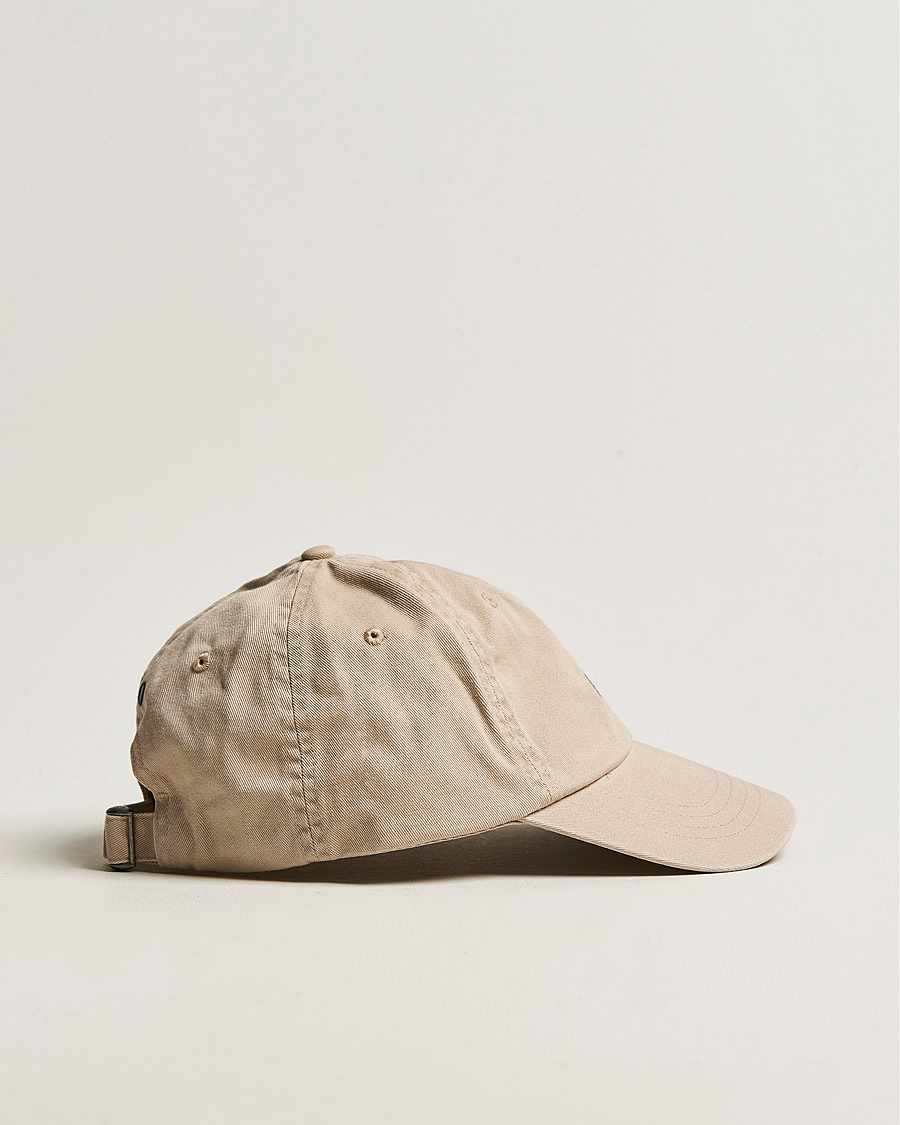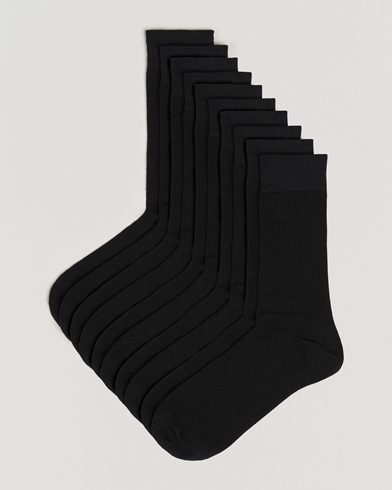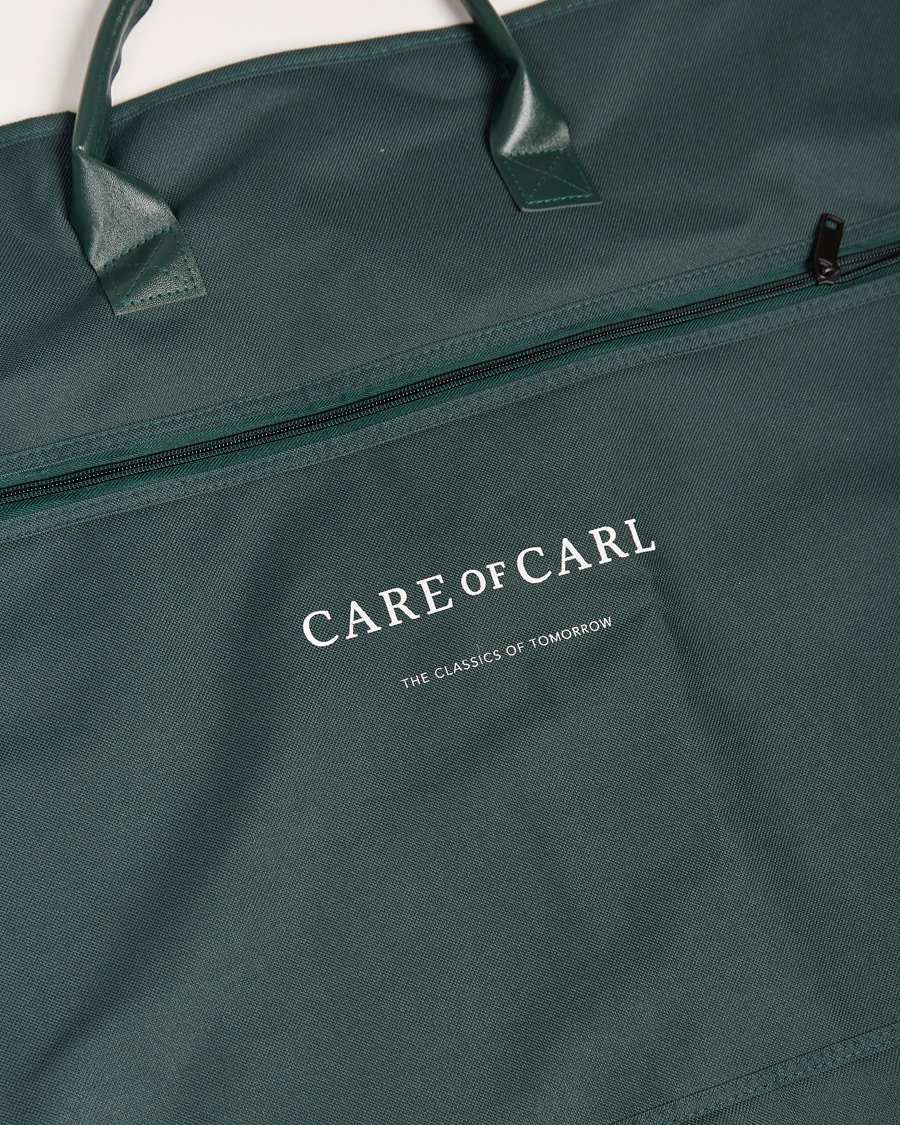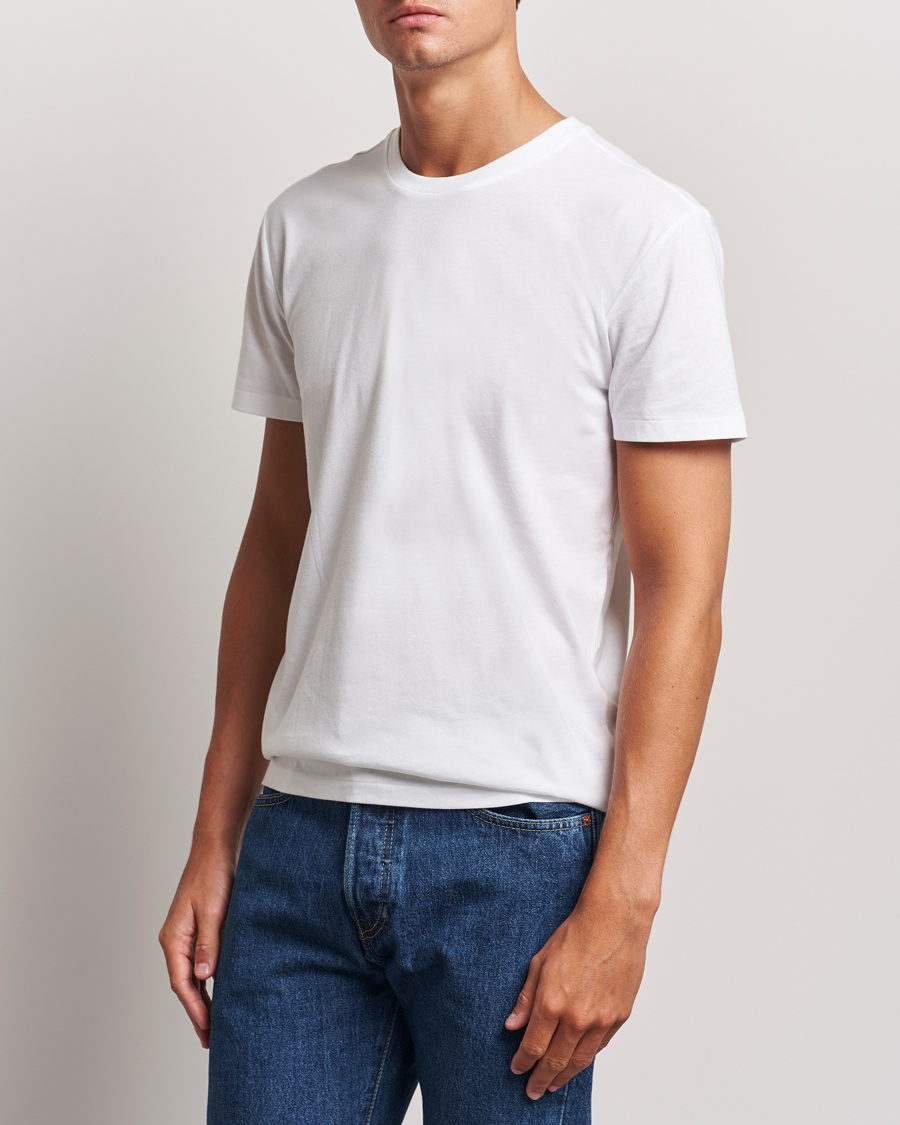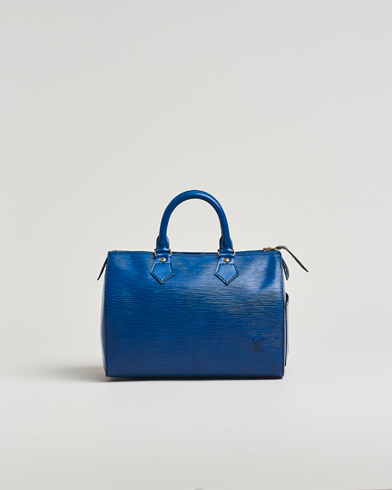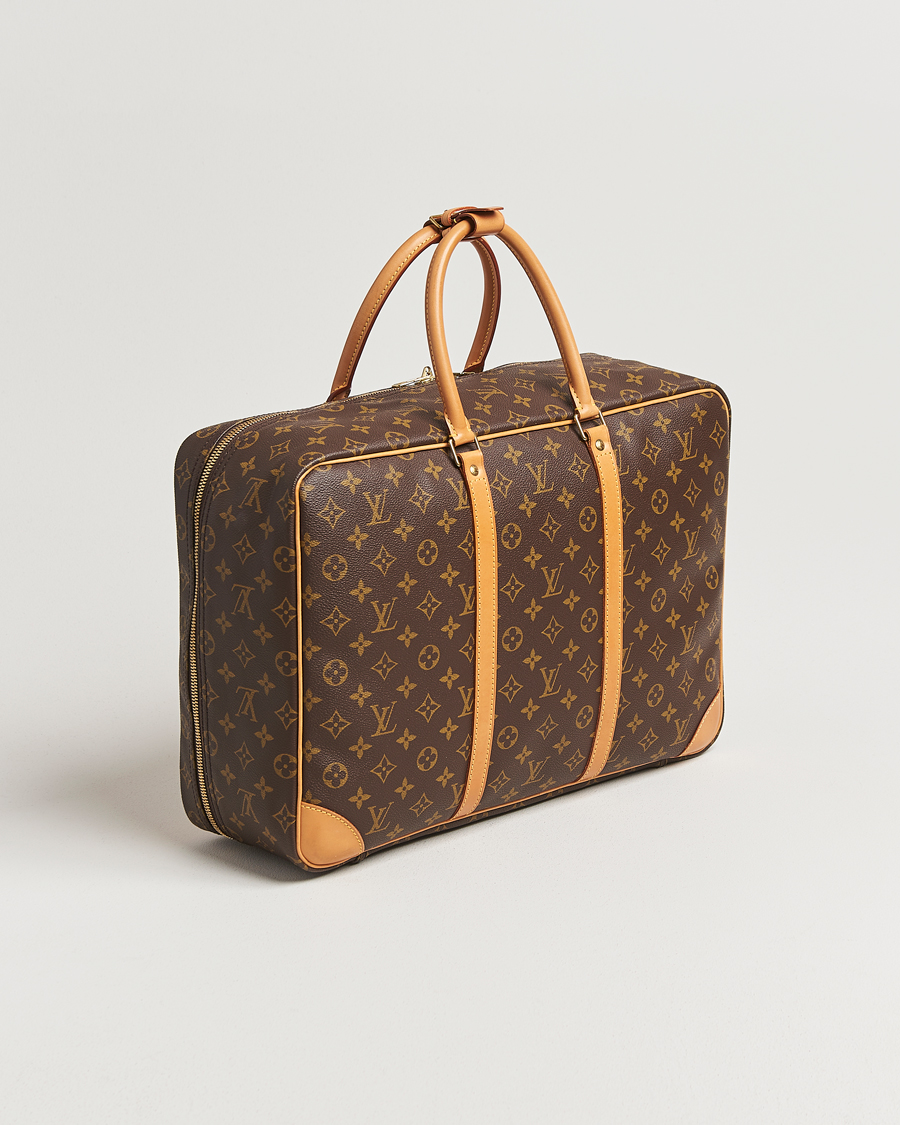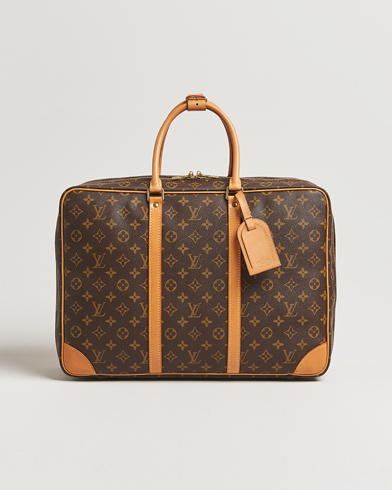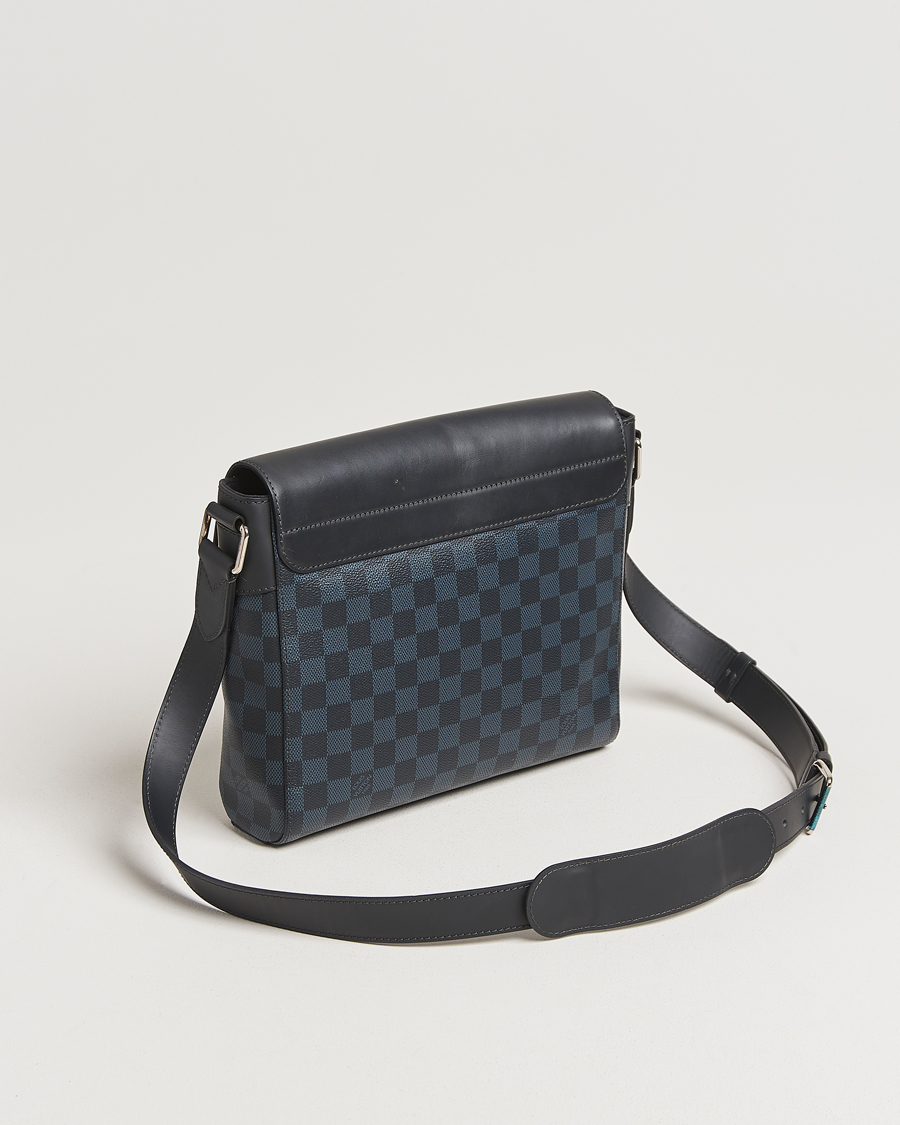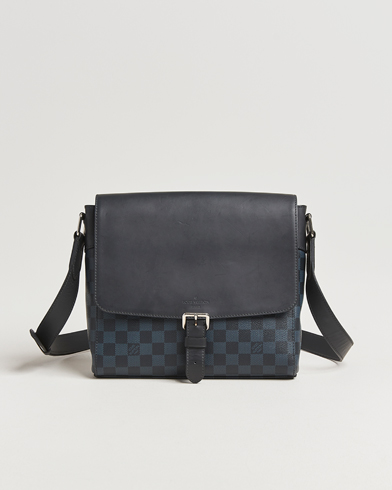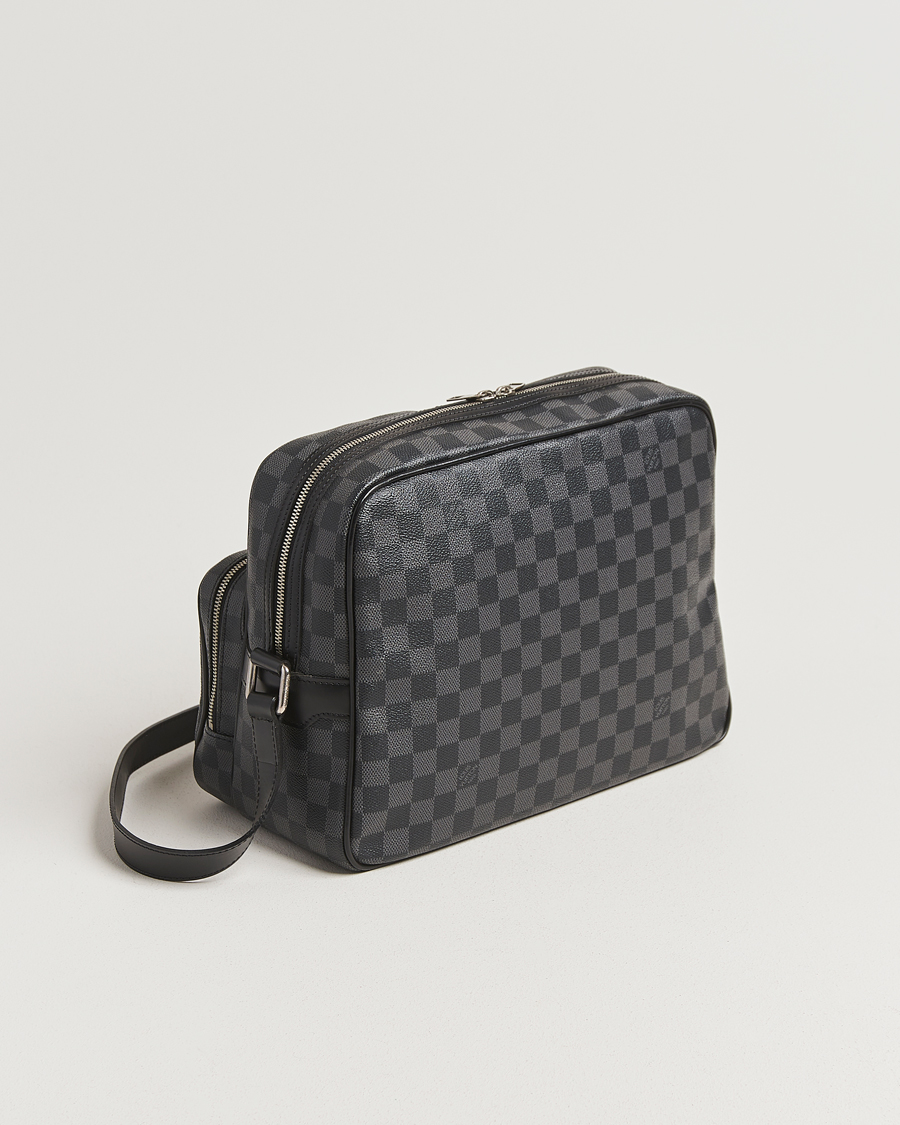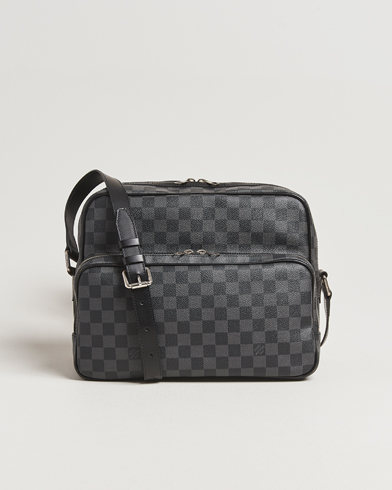Louis Vuitton Keepall ? A must in every man's travel wardrobe?

History behind the Keepall
The French fashion house began as a family heirloom that produced suitcases. Despite the death of Louis Vuitton, the brand has been able to survive with gusto. When the grandson Gaston Vuitton took over, the first model of Keepall was created in 1930. During this period, there was an upward trend of traveling which meant the weekend bag came in handy. However, the very first Louis Vuitton Keepall did not look as we recognise it today. The form was the same, but was produced in a cotton canvas. Only 30 years later was the model developed and the material changed to the classic canvas in the brand's monogram that we recognise today. The bag has become a famous weekend bag that has a natural place in the wardrobe for both him and her.
Three common designs
During all the years that Keepall has existed, it has been developed and re-created in various designs. Below you will find the three most common versions and what makes them unique.
Monogram Canvas
Louis Vuitton's most recognisable design is the Monogram canvas. The basis of this material consists of a high-quality cotton canvas. This is covered with a layer of PVC, polyvinyl chloride, where the composition creates a unique texture with increased wear resistance. With the help of the PVC layer, the material is also water-resistant to a certain extent.

Damier Canvas
Another design that is well known from Louis Vuitton is their checkered Damier Canvas. This has the same material composition as the Monogram Canvas, with only the design differentiating them.

Epi Leather
For those looking for a more discreet option without logos, Epi Leather is something to keep an eye on. In contrast to Louis Vuitton's classic patterns, Epi Leather is usually completely plain. Epi consists of a cowhide leather characterised by the structured and grained surface. The texture of the leather makes it more resistant to scratches and other abrasions. A slightly stiffer leather also means that these bags keep their shape more and do not bunch up like other leather qualities can do.
Differentiating from untreated leather variants, this is water-resistant to a certain extent and thus becomes practical for everyday use.
Key characteristics of the Keepall

Leather detailing
A classic Louis Vuitton Keepall features leather details in addition to the monogram. Among other things, on the handles, the shoulder strap, the edges, luggage handles and two strips that stem from the handles. This untreated carbon leather is called “Vachetta” which is found on the Monogram and Damier patterned bags, among others.
In new condition, Vachetta leather is a light shade, but after use, this natural material patinas over time through exposure to air, sunlight and the user's touch, becoming a darker shade. Many times the used variants have a higher value than the new ones, meaning the second-hand market is often more interesting.

Padlock
A detail of the Louis Vuitton Keepall is that it comes with a padlock along with a set of associated keys. The padlock is made of brass and is decorated with the brand's logo. In addition to the padlock being a well-placed detail that contributes to the bag's design, the contents of the bag can be secured using the lock on the zip. Each lock usually has a unique serial number to be matched with original keys. When a Keepall is bought new at Louis Vuitton, a padlock and luggage tag are always included, however, these details are not always available when bags are bought second hand. Believed that it is not unusual for small details to be missing, a high-quality bag will last over time.
The reverse monogram
A keen eye may notice that the pattern of a classic Louis Vuitton Keepall on one side is facing the right direction while on the other side of the bag it is upside down. Speculations about whether there has been a mistake during the production process, but this is a conscious choice. In production when bags such as the Keepall are created, a single piece of canvas is used from the front, around the bottom to the back. This method is used so that the material has fewer seams that are at risk of breaking or weakening. In this way, the bag is more durable and hardwearing. This way of handling canvas has over time become a signature for Louis Vuitton.
Read more: Which size of Keepall is best suited to you?





